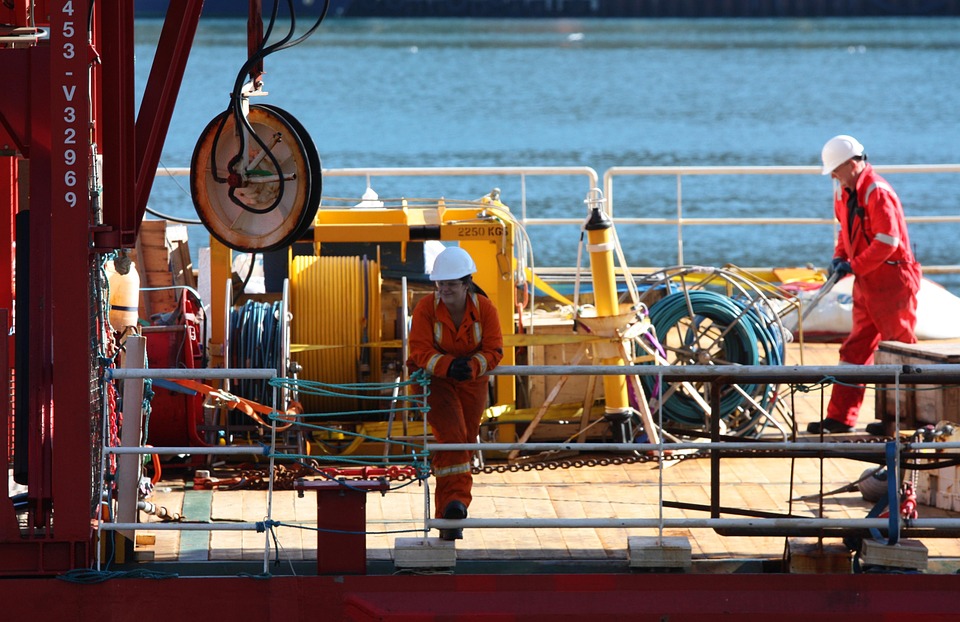Essential Skills and Responsibilities for Marine Engineers: A Shortage Occupation with Promising Career Prospects
Marine engineering is often overshadowed by its more glamorous counterparts in the maritime industry, yet it plays a pivotal role in the functioning of vessels and offshore structures. This field, classified as a shortage occupation in the UK, offers not only job security but also a wealth of opportunities for those willing to dive deep into its complexities.
The Core Responsibilities
At the heart of marine engineering lies a diverse array of responsibilities that extend well beyond mere maintenance of machinery. Marine engineers are tasked with:
-
Designing and Developing Systems: From propulsion systems to power generation, the design phase is crucial. Engineers must ensure that their designs are efficient, sustainable, and compliant with international regulations.
-
Operation and Maintenance: Once systems are in place, the role shifts to overseeing their day-to-day functionality. This includes routine checks, troubleshooting, and implementing repairs, ensuring the vessel remains operational.
-
Safety and Compliance: A marine engineer must be well-versed in safety protocols and environmental regulations. The ability to navigate the complexities of maritime law is essential, as non-compliance can lead to severe penalties.
-
Collaboration: Working closely with naval architects, shipbuilders, and other engineers is vital. Communication skills are paramount, as the ability to relay complex ideas in an understandable manner can make or break a project.
Essential Skills for Success
The path to becoming a successful marine engineer is paved with a unique set of skills that are not only technical but also interpersonal. Among those, we find:
-
Problem-Solving Acumen: Engineers frequently encounter unexpected challenges. The ability to think critically and devise innovative solutions is invaluable.
-
Technical Proficiency: A deep understanding of fluid dynamics, thermodynamics, and materials science is essential. Familiarity with design software and simulation tools is increasingly becoming a requirement.
-
Attention to Detail: The marine environment is unforgiving. A small oversight can lead to catastrophic failures. Thus, precision in both design and execution cannot be overstated.
-
Adaptability: With the maritime industry rapidly evolving, particularly in the realm of green technologies and digitalisation, staying abreast of new developments is crucial.
The Current Landscape
As a shortage occupation, the demand for skilled marine engineers far outweighs the supply. According to the UK Engineering Council, the maritime sector is facing a skills gap that, if unaddressed, could hinder its growth. This gap presents a unique opportunity for aspiring engineers. The prospect of a stable job market, competitive salaries, and the chance to work on cutting-edge projects can be incredibly enticing.
Moreover, with the UK government pushing for a greener economy, marine engineers are at the forefront of developing sustainable solutions. Whether it’s through the design of hybrid vessels or the implementation of waste-reduction technologies, the potential for impactful work is immense.
A Bright Future Ahead
As we peer into the future of marine engineering, it is evident that the field is ripe with opportunity. With the right skills and a proactive mindset, one can not only secure a position but also thrive in this dynamic environment. The challenges ahead are significant, yet the rewards for those who rise to meet them are equally substantial.
For anyone considering a career in this vital sector, remember that Visajob.co.uk is here to assist you in navigating the complexities of securing a job in the UK, especially those that require sponsorship. Your journey into the world of marine engineering could very well begin here.




